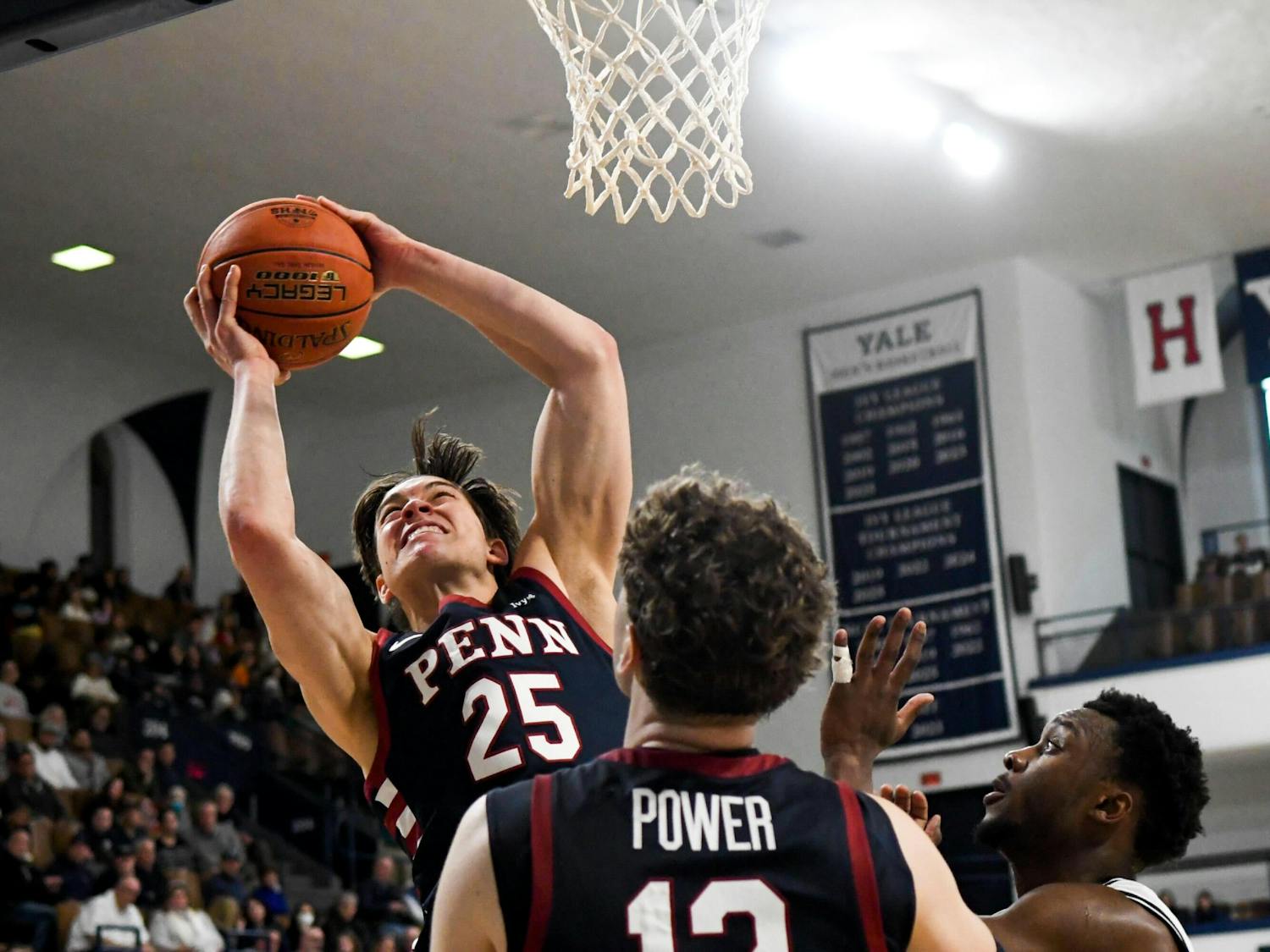It’s a hard pill to swallow for athletes, their peer supporters, alumni, and fans, but the Ivy League’s announcement Wednesday to cancel all athletic competition for the fall semester was the right call to make.
By prohibiting all competitive sporting events and the necessary travel that accompanies them for dozens of fall sports teams this fall, the Ancient Eight is doing its part to fight the coronavirus pandemic that has infected more than 3 million Americans so far.
But one league is not enough. To effectively combat the spread of coronavirus, the other Division I conferences should all similarly cancel fall college sports throughout the country. Without a unifying effort to stop the virus, it will continue to slowly make its way through the population and pose a danger for the indefinite future.
One of the biggest priorities for this upcoming semester must be player safety. There is no cost-effective way to securely quarantine the entire country’s fall athletes and team staff members in a coronavirus-free “bubble," as professional sports leagues are attempting. Worrying about healthy meals, frequent virus testing, and regular training accessibility — on top of schoolwork — makes this option unrealistic on such a large scale across every college campus.
The largest risk of spreading the virus comes from travel. The country has seen a drastic rise in cases over the last few weeks, and bringing athletes together from their homes and then transporting teams for sporting events poses a risk to all. Even if the home team of a contest is located in a comparatively less affected region like New England, the visiting team members may carry the virus with them and pass it on.
In addition to the risk of spreading the virus through team travel, another obstacle is the varied reopening plans for every university. The Ivies are split, with only Penn and Cornell opting to bring all undergraduates back to campus, and the remaining six rotating which years of students are allowed to return. Beyond the Ancient Eight, schools are deciding between going fully virtual, fully in-person, or a hybrid of the two. In cases where athletes cannot return to campus, these teams will not even have complete rosters in the fall with which to compete.
International athletes have a particular dilemma of their own, as the Trump administration announced earlier this week that students who will take all of their classes online in the fall will not be allowed to stay in the country. While understandably outnumbered by their American teammates, international athletes still comprise a valuable part of many fall teams, especially in sports like soccer and field hockey. It would be cruel to see them excluded on a stage they worked incredibly hard to reach just because of their nationality.
Just as with the men’s and women’s basketball conference tournaments back in March, where the Ivy League was the first to controversially announce a cancellation rather than a postponement or change in venue, this decision will likely serve as a catalyst for other leagues to make a similar announcement in the coming days and weeks.
RELATED:
BREAKING: Ivy League will reportedly cancel fall sports season
Pride | A spring football season is the Ivy League's only option
Speaking with ESPN last week, Navy athletic director Chet Gladchuk said that the Patriot League in particular looks to the Ancient Eight to inspire its decision-making process.
"Whatever the Ivy League does, I wouldn't be surprised if the Patriot League gives it very serious consideration," he said. "It'd be typical of the way we've operated in the past."
Just 48 hours after the basketball tournaments were canceled, each of the 31 other Division I conferences had also shut theirs down. If these competitions had gone on as scheduled and featured hundreds of games, there is no telling how many more cases we could have seen.
And as some big-name schools begin to bring their teams back to practice for the upcoming season, the reality of coronavirus outbreaks are beginning to set in. Nearly one-third of Clemson’s football team had tested positive as of June 26, while Louisville and Kansas both temporarily suspended some athletic activities this week after a number of positive tests. Multiply these early results over the course of an entire season, and the potential health risks — for both the teams and the overall campus — are devastating.
Compromising the safety of our college athletes is not worth college sports this fall. Given the current situation surrounding coronavirus in our country and the long road to recovery, a universal fall sports cancellation is the best action to take.

WILL DiGRANDE is a rising College senior from Warren, N.J. and a Senior Sports Editor for The Daily Pennsylvanian. He can be reached at digrande@thedp.com.









